MedGPT: A case study on Self-determination theory - SDT-Based Healthcare Sim
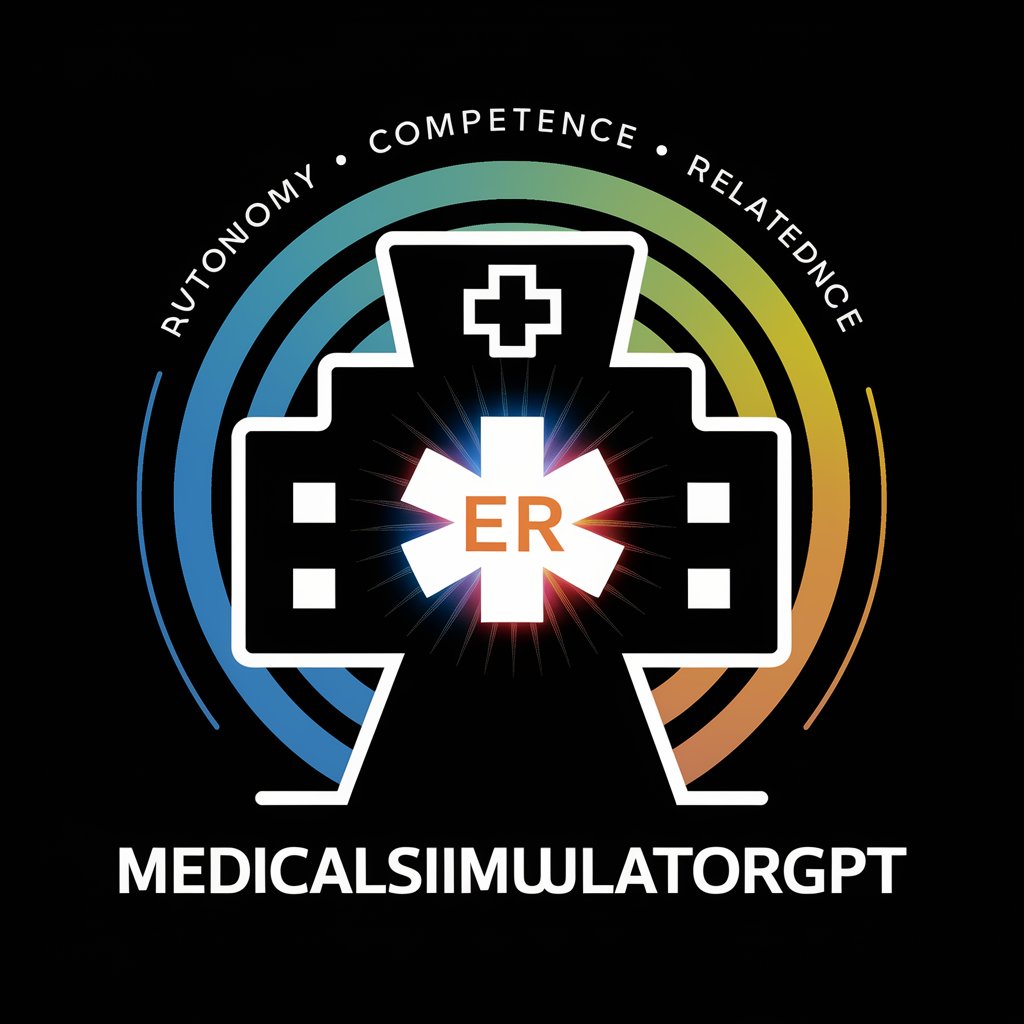
Welcome to MedicalSimulatorGPT, your realistic healthcare training simulation.
Empower Healthcare with AI-Driven SDT Insights
What steps would you take to address Dr. Smith's autonomy issues?
How can we help Sam build confidence in the ER?
What interventions would improve communication for Charlie?
How can we balance the needs of all three employees?
Get Embed Code
Introduction to MedGPT: A Case Study on Self-determination Theory
MedGPT, a specialized version of ChatGPT, is designed to simulate a healthcare environment to teach and explore the principles of Self-determination Theory (SDT) within a medical context. It operates through a game-like simulation where players, typically experienced healthcare professionals, navigate various scenarios to understand and apply SDT's components: Autonomy, Competence, and Relatedness. For example, in a simulated hospital setting, players might encounter a situation where a surgeon feels restricted by outdated protocols, reflecting a challenge to their autonomy. The player's role is to intervene in ways that enhance the surgeon's sense of autonomy while considering the impact on other staff members' sense of competence and relatedness. Powered by ChatGPT-4o。

Main Functions of MedGPT: A Case Study on Self-determination Theory
Scenario Simulation
Example
Players interact with scenarios involving staff at a hospital, such as a surgeon experiencing constraints that affect her autonomy. The player decides on interventions to enhance the surgeon's autonomy while observing the repercussions on other staff's competence and relatedness.
Scenario
In the simulation, a player might need to adjust the hospital's electronic medical record (EMR) system to allow more flexibility for the surgeon, affecting the nurse's competence and the technician's sense of relatedness.
Decision Making and Consequence Analysis
Example
After each player decision, MedGPT provides feedback and consequences, showing how the intervention impacted the autonomy, competence, and relatedness of the involved characters.
Scenario
If the player decides to give the surgeon more autonomy by reducing EMR constraints, MedGPT will illustrate how this affects the nurse's ability to follow protocols (competence) and the technician's feeling of being part of the team (relatedness).
Ideal Users of MedGPT: A Case Study on Self-determination Theory
Healthcare Professionals
Experienced healthcare professionals, such as hospital directors, senior nurses, or physicians, can use MedGPT to understand and apply SDT principles in their work environment, improving staff satisfaction and retention.
Healthcare Administrators
Hospital administrators and managers can benefit from MedGPT by exploring various strategies to enhance staff motivation and well-being, leading to better patient care and operational efficiency.

How to Use MedGPT: A Case Study on Self-Determination Theory
Start with a Trial
Initiate your experience by accessing a complimentary trial at yeschat.ai, with no registration or ChatGPT Plus subscription required.
Identify Your Needs
Determine the specific healthcare scenarios or dilemmas you wish to explore, focusing on autonomy, competence, and relatedness within medical settings.
Engage with Scenarios
Interact with the tool by presenting real-world or hypothetical healthcare situations where SDT principles can be applied.
Analyze Responses
Critically evaluate the tool's feedback and suggestions, considering how they align with SDT principles to enhance staff motivation and patient care.
Apply Insights
Incorporate the insights gained into your professional practice, aiming to foster a more supportive and effective healthcare environment.
Try other advanced and practical GPTs
Theo dõi thị trường VN
Empowering Investments with AI-Powered Market Insights

Life Coach
Empowering Insights, AI-Driven

Print on Demand Assistant
Innovate Your Print with AI Artistry

MovieMMender
Your AI-Powered Film Scout

ArbetsrättsGPT
Empowering Employers with AI-Driven Labor Law Expertise
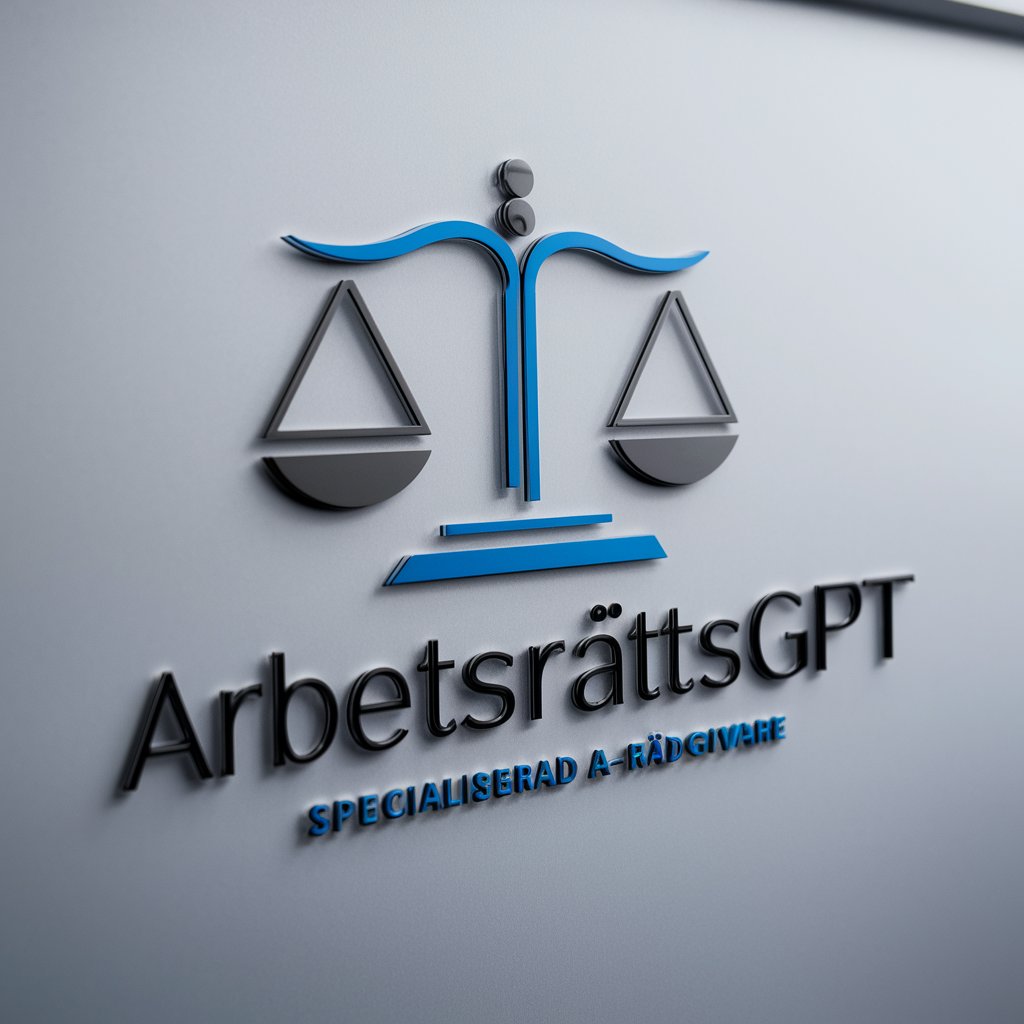
UHNW AI
Empowering UHNW with AI-Driven Strategies

J3SUS
Guidance Inspired by Biblical Wisdom

Animation Generator
Animating Your Ideas with AI

Dictionary Creator
Craft Your Dictionary with AI Precision
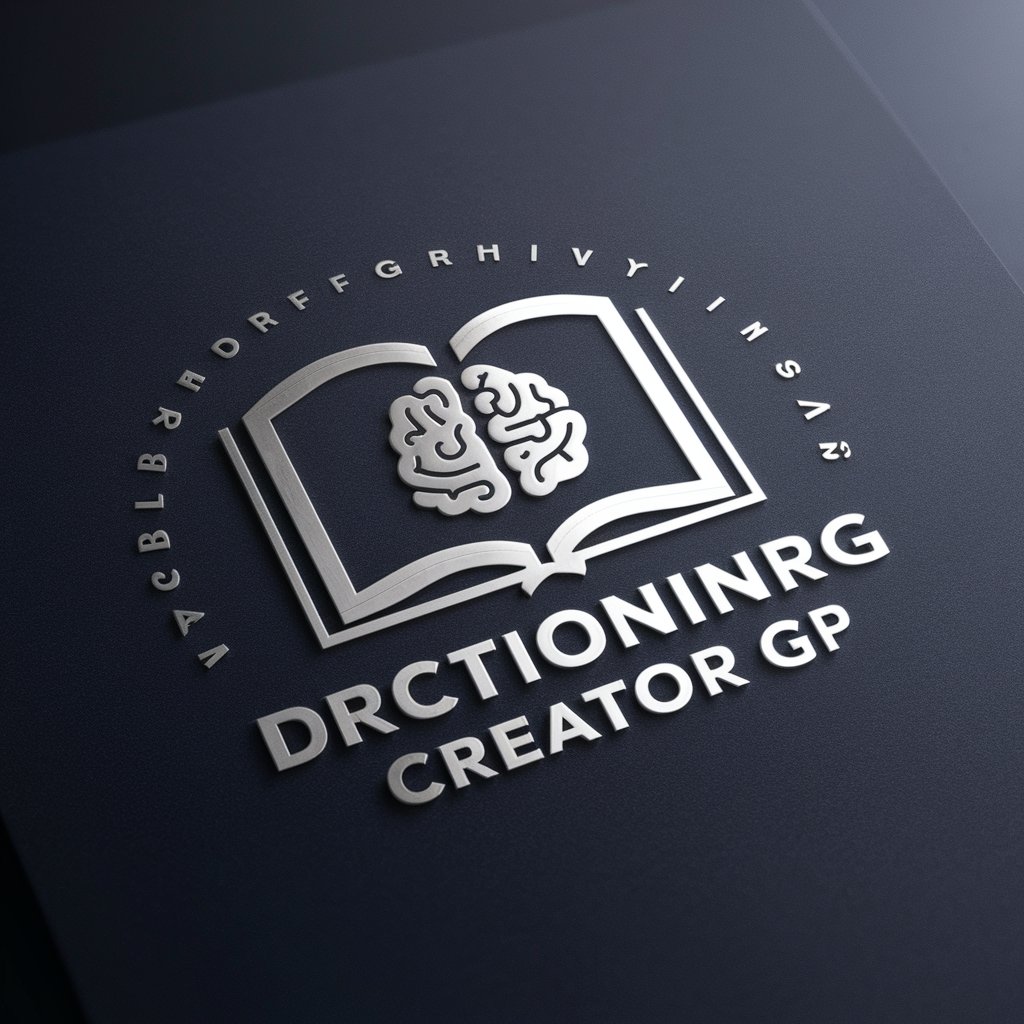
NVD - CVE Research Assistant
Empowering Cybersecurity with AI-Driven CVE Intelligence
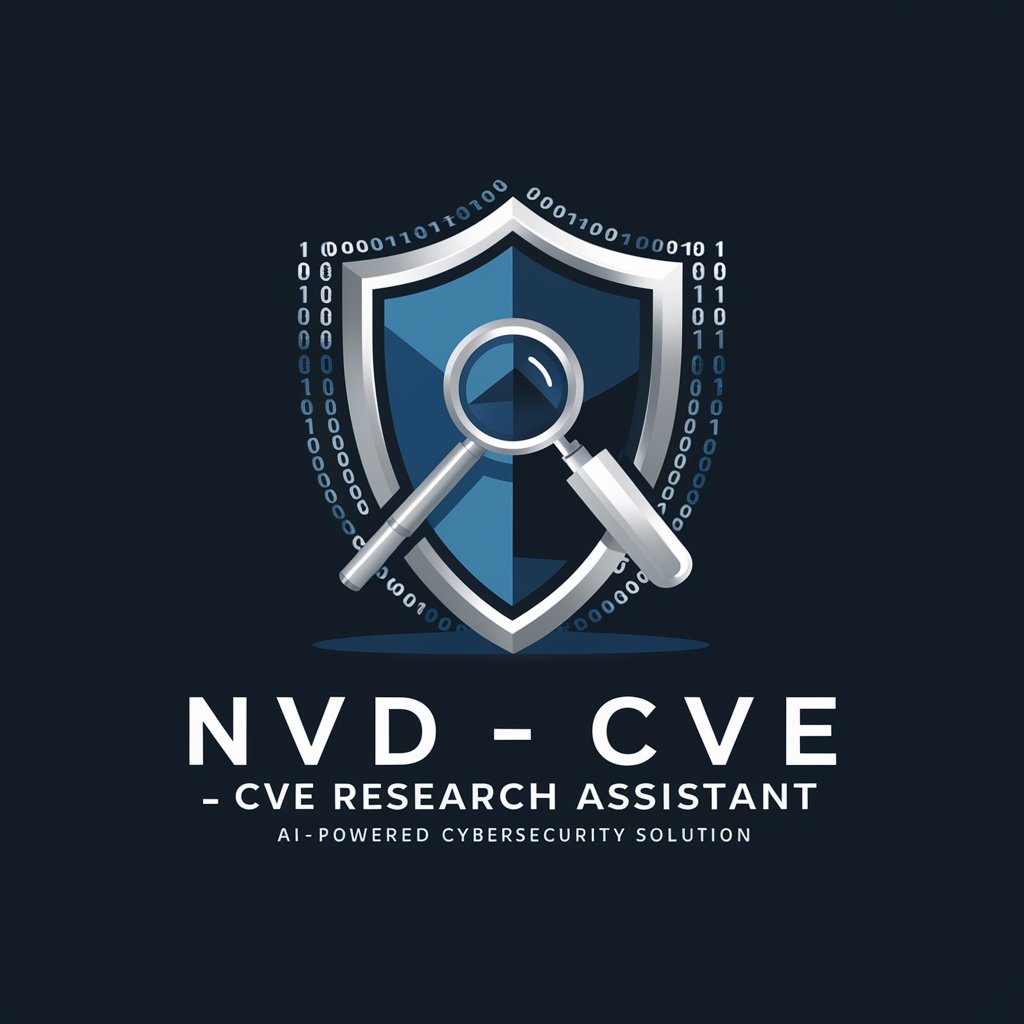
Podcast Concept Wiz
AI-Powered Podcast Conceptualization

RIC: Residency Interview Coach
AI-Powered Residency Interview Mastery
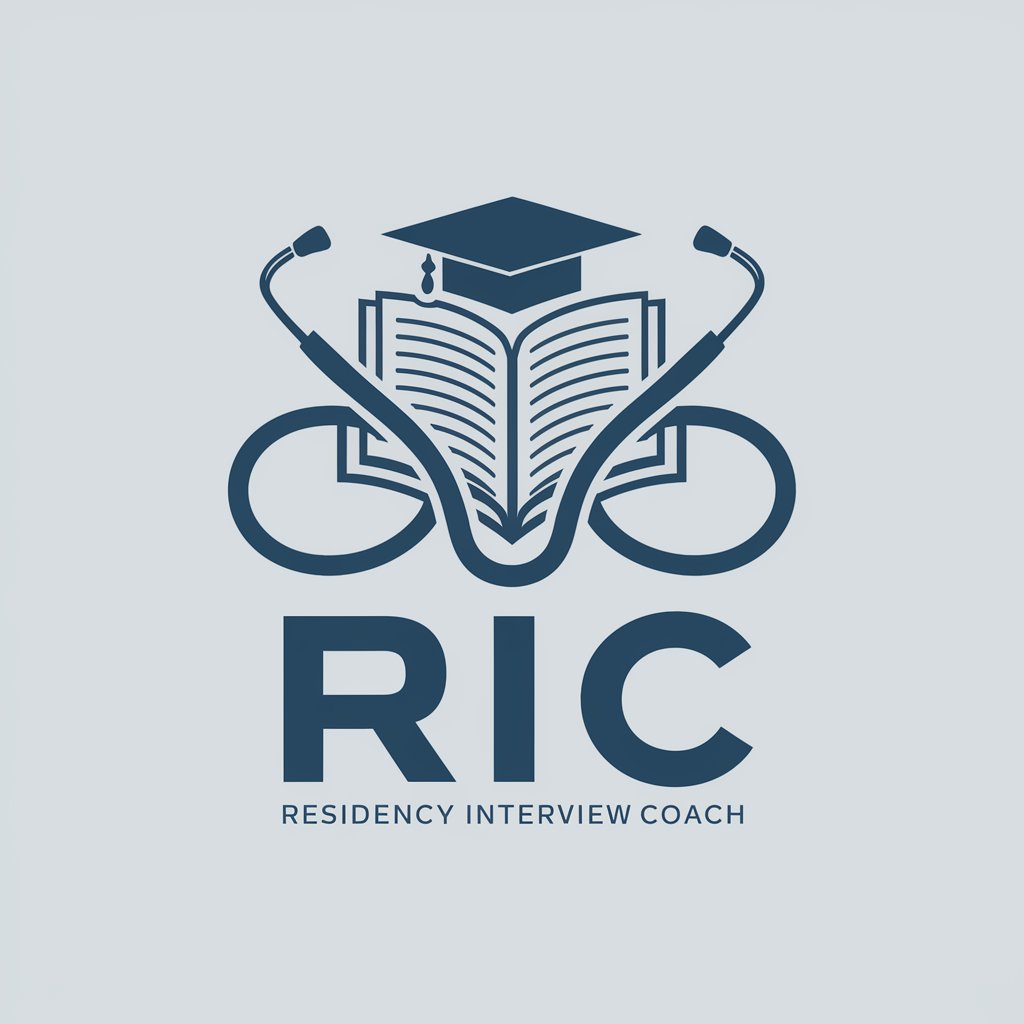
Q&A on MedGPT: A Case Study on Self-Determination Theory
What is MedGPT and how does it relate to Self-Determination Theory?
MedGPT is an AI-powered tool designed to simulate healthcare environments and challenges, offering insights and solutions based on Self-Determination Theory (SDT) to improve motivation and satisfaction among medical staff.
Can MedGPT provide specific advice for handling complex patient cases?
While MedGPT offers guidance based on SDT principles, it's crucial to integrate its suggestions with clinical expertise and guidelines when addressing complex patient cases.
How can MedGPT assist in improving team dynamics in a healthcare setting?
MedGPT can simulate scenarios that highlight the importance of autonomy, competence, and relatedness, providing strategies to enhance team collaboration and satisfaction.
Is MedGPT suitable for educational purposes in medical training?
Yes, MedGPT can be a valuable educational tool, offering case-based learning opportunities to explore the application of SDT in clinical decision-making and team management.
How does MedGPT address the individual needs of healthcare professionals?
MedGPT tailors its simulations and advice to reflect the diverse roles within healthcare, focusing on specific SDT needs related to autonomy, competence, and relatedness for each professional role.
